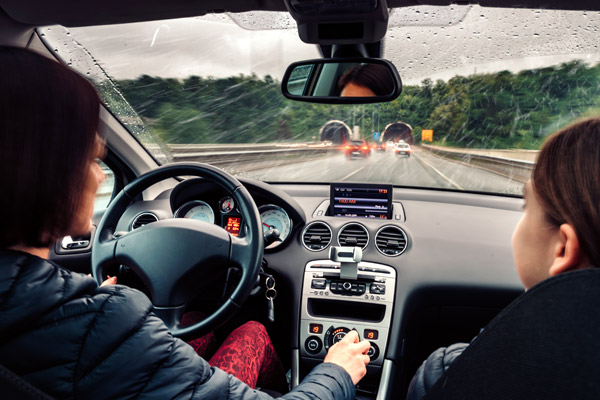Yesterday morning, tens of thousands of Americans woke up to a nationwide cell service outage.
Due to a so-called software glitch, AT&T service simply stopped working and was not restored until late afternoon. In a scramble to mitigate the damage, Americans were encouraged to “show up” at fire and police stations if they needed emergency assistance because they were unable to call 911 for help.
This catastrophic failure was baffling to broadcasters. When it comes to reliability and hardened infrastructure, broadcasting is the one medium on which Americans can truly rely. Not only do we not require a monthly plan to access our diverse content, but we also rarely fail when consumers need us the most.
This collapse is a timely reminder as Congress is poised to pass the AM Radio for Every Vehicle Act – legislation that would ensure cars continue to come equipped with AM radio for public safety.
Unlike cell and wireless services that can get overwhelmed or stop working during emergencies – or fail due to a software glitch – AM radio runs on a robust, redundant system that is always available to provide listeners a critical lifeline. That is why AM radio serves as the backbone of the Emergency Alert System, responsible for relaying critical messages to other television and radio stations throughout the nation.
Americans struggling with poor, or non-existent, cellular and broadband coverage depend on AM radio to stay connected.
While leading FEMA, I saw for myself just how vital radio, particularly AM radio, was to keeping the public informed about impending danger as well as critical recovery information. During many high-profile disasters, radio provided the public an immense sense of security when many did not have any other lifelines.
Pete Gaynor, Former Acting Secretary of Homeland Security and FEMA Administrator
It wasn’t too long ago that “some people” suggested AM radio wasn’t all that important because a routine EAS test appeared successful on mobile phones. Multitudes of AT&T customers who were left without service yesterday may disagree. Certainly the 250+ members of Congress supporting the AM Radio for Every Vehicle Act don’t buy that nonsense.
Public safety officials, policymakers and consumers agree that keeping AM radio accessible in cars is a public safety priority. Tell Congress you depend on AM radio and urge them to pass the AM Radio for Every Vehicle Act now before the next big outage or emergency event.




